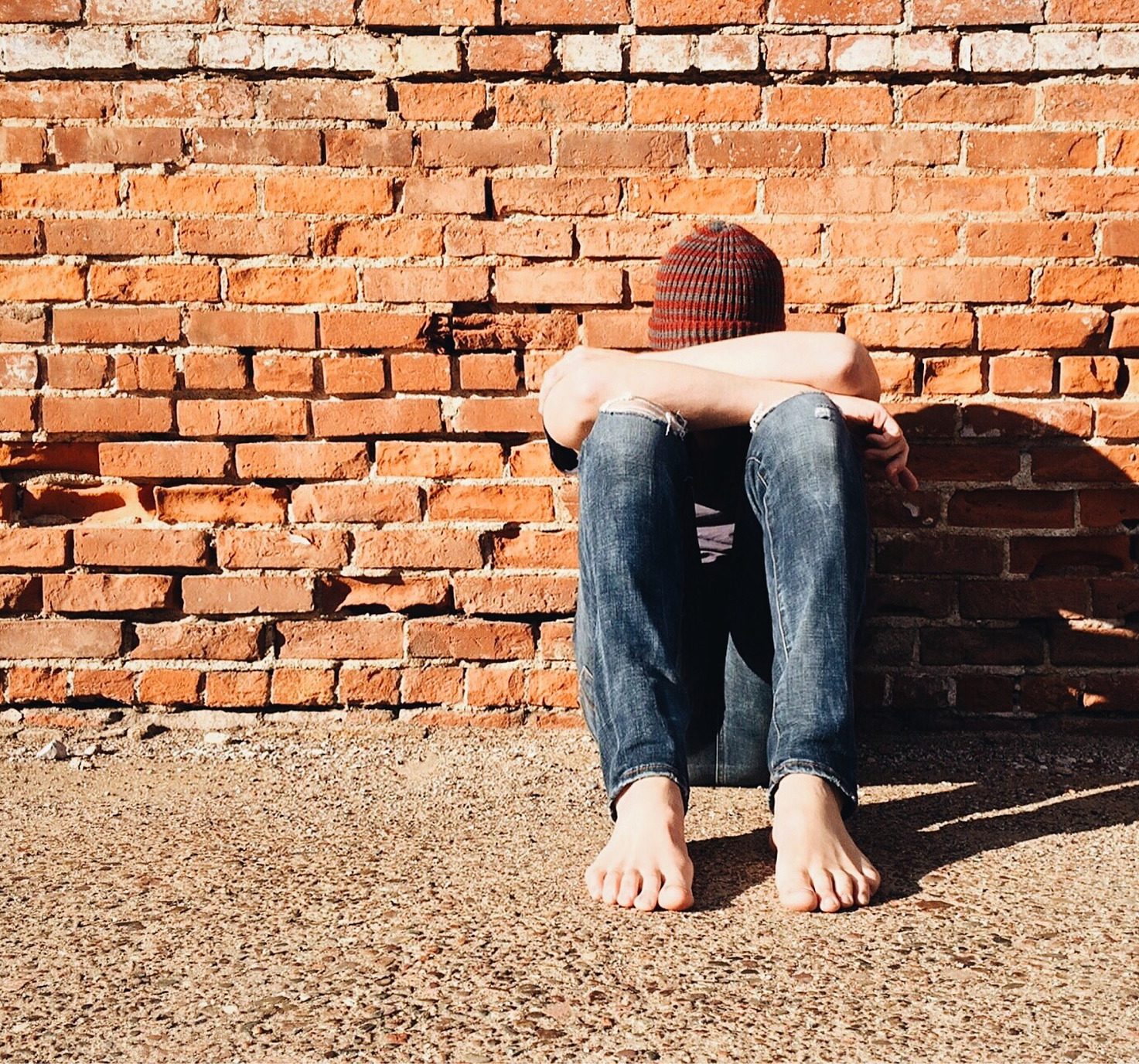Looking for the worst?
I’ve noticed a pattern in myself and others…
Of looking for the worst in people in moments when they most need us looking for the best.
For example… If someone publicly and loudly belittled me, and I would likely judge him or her to be inconsiderate and offensive.
But if I add context of having know that person for 5+ years with myriad evidence that he or she is kind, gentle, and forgiving, how does that change the judgement? Unfortunately it often doesn’t.
That might sound ridiculous…
(Because it is!). If you pay attention though you might be surprised. In the moment we often don’t think clearly enough to see unfairness in our judgments.
This probably comes up more often in less extreme examples…
She hasn’t responded for 24 hours. She must not be interested anymore :(
He never thanked me for my gift. What an inconsiderate person!
And even more often with strangers…
They’re driving 5 below the speed limit in the fast lane. What a rude thing to do!
The last person in here left the bathroom a mess. What a pig!
I think we all have the creativity to come up with kinder intentions or backstories for the people in these examples. For some reason though when emotions are high human nature leaps to unlikely conclusions… Like that someone’s character radically and immediately changed, or that it never was as we thought, or that there is no possible explanation other than the harshest.

Why can’t we accentuate the positive?
Gordan B. Hinckley invited us to highlight the good around us:
“I’m suggesting that we accentuate the positive… I am not suggesting that our conversation be all honey. Clever expression that is sincere and honest is a skill to be sought and cultivated. What I am suggesting and asking is that we turn from the negativism that so permeates our society and look for the remarkable good in the land and times in which we live, that we speak of one another’s virtues more than we speak of one another’s faults, that optimism replace pessimism.”
When we accentuate the positive, it grants others the emotional and social room to be that person (and it grants us a much higher quality of life! Who wants to live like Scrooge!?!). Goethe is attributed with having said:
“If you treat an individual as he is, he will remain how he is. But if you treat him as if he were what he ought to be and could be, he will become what he ought to be and could be.”
What a great gift to give!

I want to look for the best in others.
Especially when others are at their worst. Because that’s when they most need support to become better. And because that’s when I most need reason to not become bitter!
This is what Jesus does for us.
Christ has the most ability and opportunity to judge us based on our worst day, but He doesn’t. And how fortunate!
“Our Savior, the Good Shepherd, knows and loves you. He knows when you are lost… It matters not how you became lost—whether because of your own poor choices or because of circumstances beyond your control. What matters is that you are His child. And He loves you. He loves His children.” (Dieter F. Uchtdorf)
My HWN recently has been in seeing the power of forgiveness and patience in others around me.
p.s. check out my recent Grand Canyon adventure. See the full photo album here.
I also got to have a family dinner with my mom’s side of the family tonight :)




I’m no a christian, but I think many could benefit from this advice!
Thanks for reading and for your comment, glad you liked it :)